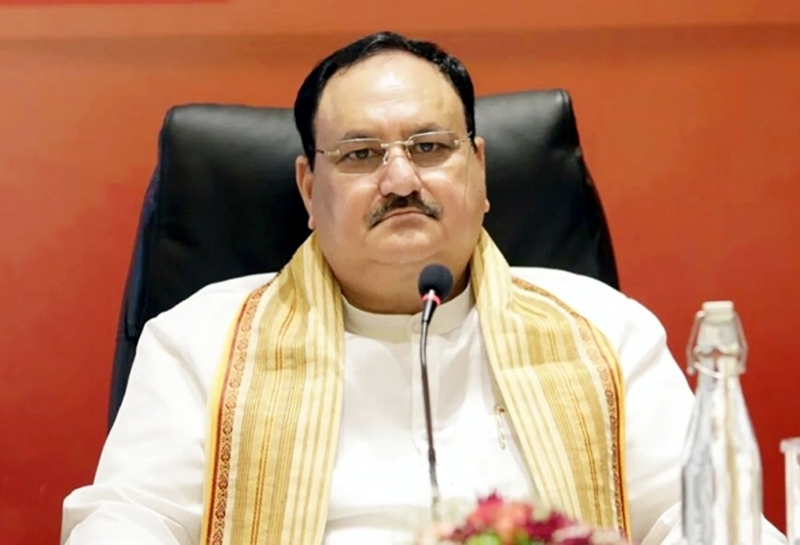AHMEDABAD, Jan 18: The ‘Ayushman Bharat’ initiative has extended its benefits to 6 crore citizens aged 70 and above, with the Centre’s flagship health insurance program currently covering over 45 percent of India’s population, stated Union Health Minister JP Nadda on Saturday.
In October of the previous year, the Union Cabinet sanctioned health coverage for all citizens aged 70 and above, regardless of their income status, under the ‘Ayushman Bharat Pradhan Mantri Jan Arogya Yojana’ (AB PM-JAY).
“As part of Modi 3.0, we’ve included 6 crore individuals over the age of 70 in Ayushman Bharat, leading to over 62 crore people, which is more than 45 percent of India’s populace, benefiting from what we call a ‘health assurance’ scheme, offering annual coverage of Rs 5 lakh,” he explained.
Nadda shared these insights at the ‘IIMA Healthcare Summit 2025’ held at the Indian Institute of Management Ahmedabad, describing the scheme as a transformative measure that has positively impacted over 4.2 crore citizens.
“This initiative caters to underprivileged groups—rickshaw pullers, street vendors, bus drivers, conductors, lift operators, security personnel, barbers, and shoemakers—who may have never considered prioritizing their health,” Nadda remarked.
India has made significant strides in combating tuberculosis (TB), achieving a reduction in incidence rates by 17.7 percent (from 237 per 100,000 population in 2015 to 195 per 100,000 in 2023), which surpasses the global decline rate of 8.3 percent, he noted.
Prime Minister Narendra Modi has set a goal to eradicate TB by 2025, with ongoing initiatives leveraging AI and portable X-ray technology to expedite progress, according to the Union minister.
Regarding affordable medications, India meets the demands of the US (46 percent of bulk supply) and the UK (25 percent of demand), with domestically manufactured medicines recognized for their effectiveness and affordability, Nadda added.
He emphasized that the 2017 Health Policy was established with a comprehensive approach that addresses prevention, promotion, curative care, palliative care, rehabilitation, and geriatric care.
“Prior to 2017, discussions were primarily centered on tertiary, primary, and secondary healthcare, neglecting the concept of holistic healthcare. With Modi’s active leadership, we now operate 1.73 lakh Ayushman Arogya Mandirs, serving as the essential first point of contact for grassroots preventive and promotive healthcare,” he explained.
The ‘Mother and Child Tracking System’ (MCTS) is a web-based framework that monitors and tracks the vaccination and other program involvement of over 5 crore children and more than 3 crore mothers, he stated.
Nadda also mentioned that the Ayushman Arogya Mandir provides check-ups for individuals aged 30 and above, enhancing awareness about their vulnerability to various health conditions.
“We are committed to ensuring that people have access to medical facilities and are properly assessed at age 30, reinforcing our focus on health promotion and preventive care,” he added.
Up until 1998, Nadda noted, India had just one AIIMS (All India Institute of Medical Sciences), which has now expanded to 22 under the Modi administration.
He pointed out improvements in medical education, stating that the number of medical colleges has grown from 381 in 2015 to 776. In total, 1.25 lakh medical seats (UG and PG) have been added to strengthen the manpower supporting the healthcare system, Nadda revealed.
The nation’s medical device market, currently valued at around $14 billion, is anticipated to grow to $30 billion by 2030, the Minister concluded.


Leave a Reply